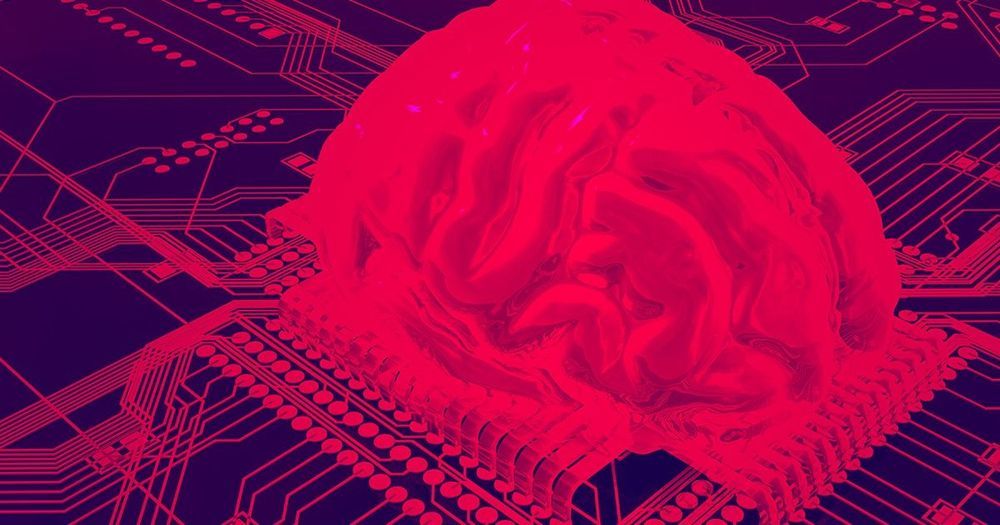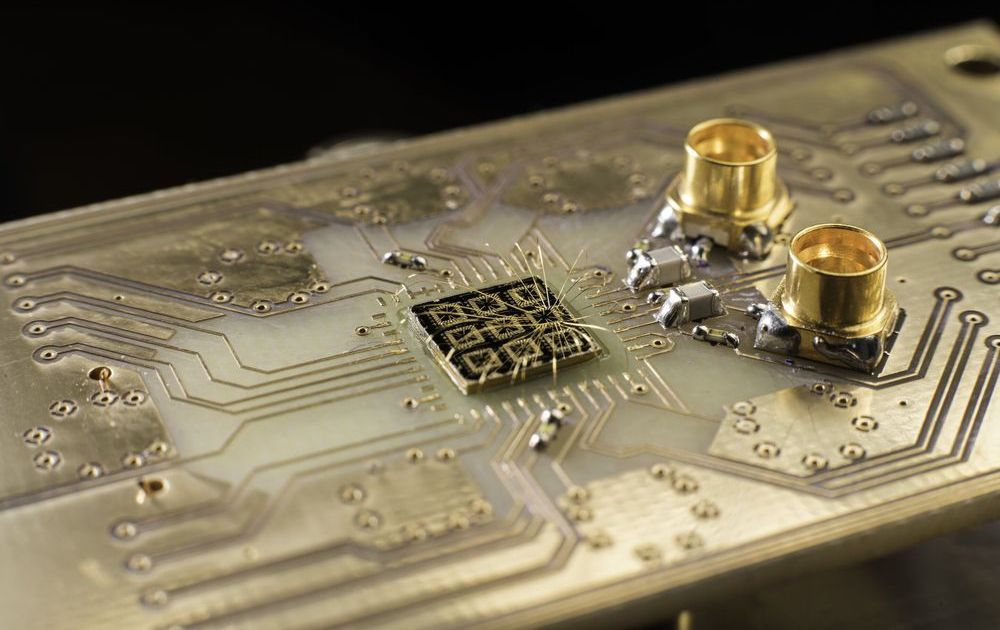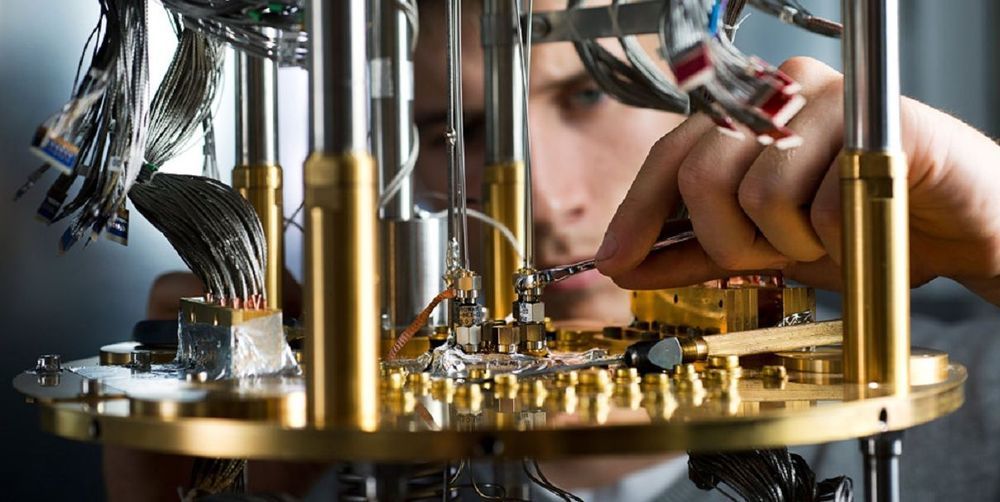By this time, we can all conclude that Facebook is really ambitious when it comes to the production of high-end gadgets. This when you consider the Oculus line of devices, a VR wristband and RayBan AR glasses. And if that wasn’t enough, a new device is up for development.
The company has now revealed plans to build a mind-reading wristband letting people control devices without touching them. This is after the company finally acquired CTRL-Labs, a startup that is currently venturing into brain-computer interfaces. The deal has been reported to value at $1 billion.
The deal was then announced by Andrew Bosworth, Vice President of AR and VR at Facebook. “We spend a lot of time trying to get our technology to do what we want rather than enjoying the people around us,” he said.







